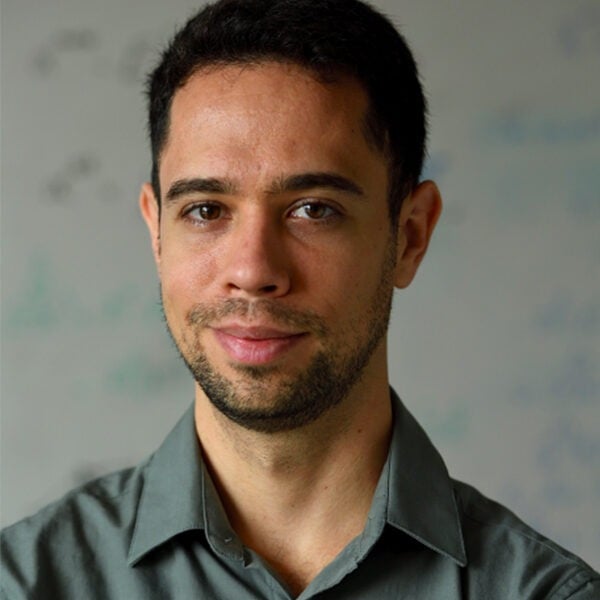Research Interests
Research Interests
Jeremias’ research focuses on foundations of machine learning as well as applications to biomedical imaging. He is interested in learning under parsimonious data, robustness and ethical implications of machine learning, as well as on the interpretability and auditing of these models. His work is motivated by applications of diagnostic imaging in radiology, inverse problems, and biomarker discovery in neuroscience and digital pathology.
Titles & Affiliations
Titles
- Assistant Professor, Biomedical Engineering
- Assistant Professor, Computer Science
- Assistant Professor, Applied Mathematics and Statistics
Affiliated Centers & Institutes
Education
Education
- PhD, Computer Science, Technion Israel Institute of Technology, Israel, 2018
- Biongineering, Universidad Nacional de Entre Rios, Argentina, 2013
Faculty News
Recent Highlights
-
June 25, 2024The Discovery Awards are intended to spark new interactions among investigators across the university rather than to support established projects. Teams can apply for up to $100,000 to explore a new area of collaborative work with special emphasis on preparing for an externally funded large-scale grant or cooperative agreement.
-
June 24, 2024Each honoree will each receive a $75,000 grant to support their work over the next year. They also will have the opportunity to participate in mentoring sessions and events designed to connect them with colleagues at similar stages in their careers.
-
February 22, 2024Adam Charles, Jamie Spangler, and Jeremias Sulam receive awards to address critical challenges in the fields of neurodegenerative disease and fundamental neuroscience.


